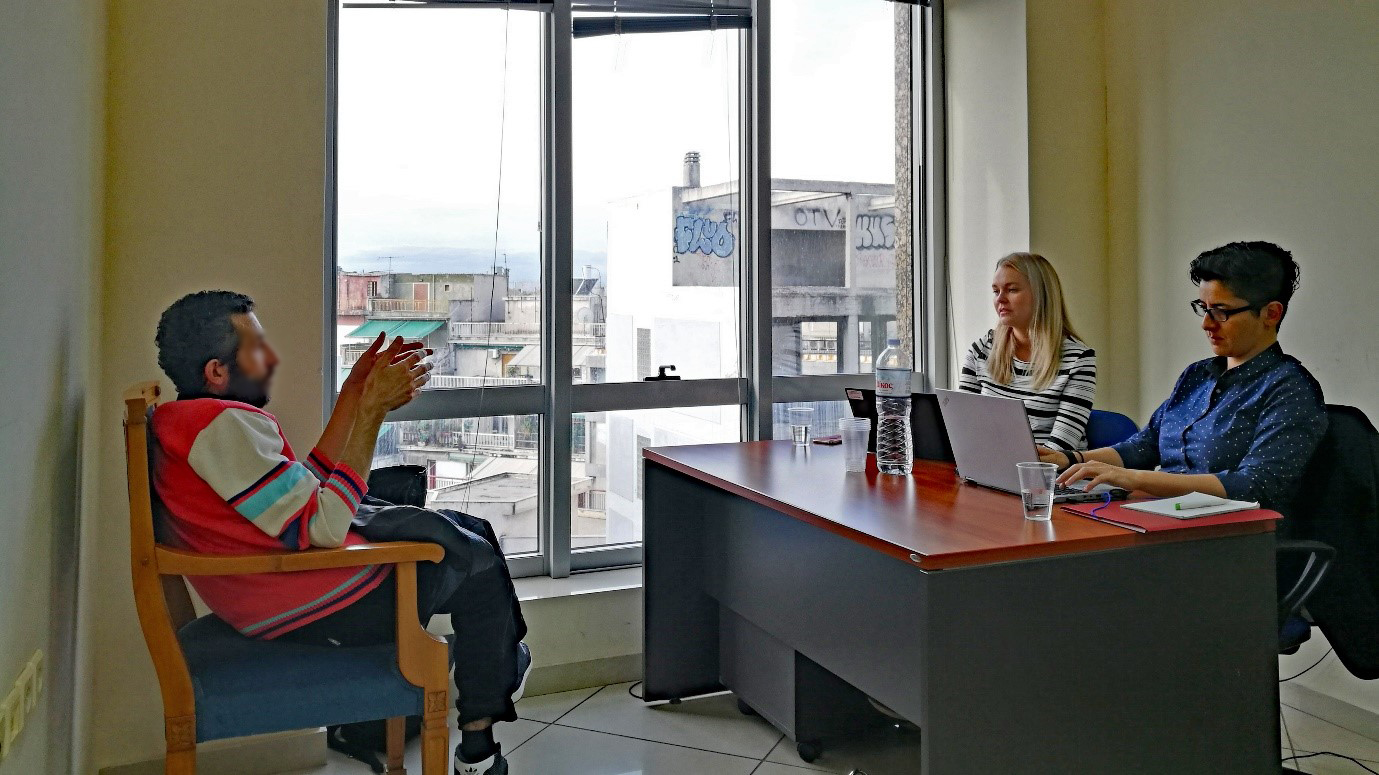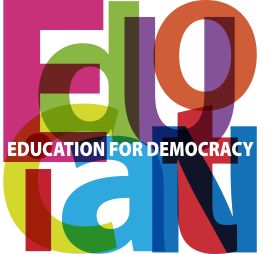Recently, two evaluation sessions of the European Qualifications Passport for Refugees (EQPR) have been held in Athens and in Bari.
In Athens, 35 refugees had their qualifications assessed and 32 EQPRs have been issued as a result of an assessment session organised on 7-11 October 2019. Credential evaluators from the European National Information Centres (ENICs) of Canada, Germany, Greece and Norway conducted 18 on-site interviews and 17 online interviews.
In Bari, 49 refugees had their qualifications assessed and 42 EQPRs have been issued as a result of an assessment session organised on 18-22 November 2019. Credential evaluators from the European National Information Centres (ENICs) of Armenia, Canada, France, Germany, Greece and Italy conducted 36 online interviews and 13 on-site interviews.
In total, since the beginning of the project, 525 refugees have been interviewed and 438 EQPRs have been issued.
In Athens, some applicants shared their hopes and expectations regarding the assessment session and the opportunity of receiving an EQPR. One applicant residing in Greece since 2016 with his wife and kids, wished his degree in nursing from the Intermediate Health Institute in Syria to be assessed. He is currently working as an interpreter and mediator with NGOs in the Thessaloniki area and he would like to find a job related to the field of his studies.
Another applicant, also with a degree in nursing, hoped to receive an EQPR as she wished to continue her profession and, in this way, contribute to the Greek society. She explained that the EQPR would help her in finding meaning to her situation.
In Bari, a candidate from Gambia currently living in Rome expressed his wish to continue his studies. Advised by the university where he is currently attending classes at the Department of Political Science, he hoped to receive an EQPR to enrol as a student with the right to take exams and continue his 3-year programme.
Another candidate from Nigeria with a degree in banking also wished to continue her studies and receive an EQPR to enrol in a local university pursuing a Master degree in Finance.
The EQPR helps refugees to rebuild their lives in their host countries by giving them the opportunity to have their qualifications assessed even when they cannot provide a complete documentation to prove that they hold such qualifications. In this way, the EQPR supports the implementation of the Article VII of the Lisbon Recognition Convention facilitating the recognition of refugees’ qualifications even in the absence of full documentation.
The EQPR is a document that summarises refugees’ highest qualifications obtained, language skills and work experience. Refugees can use the EQPR when they wish to enter further studies and/or they seek employment.
For more information:




